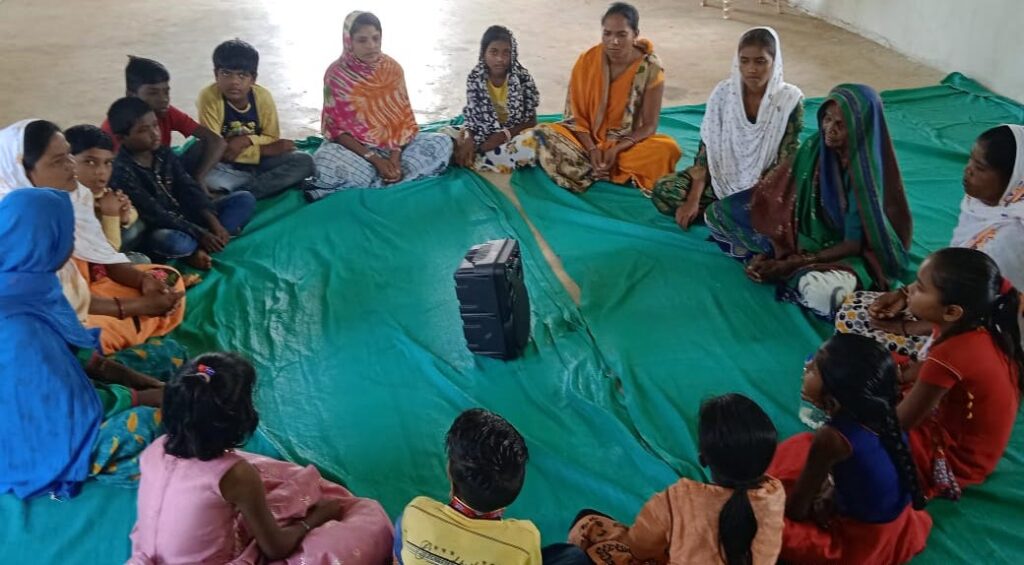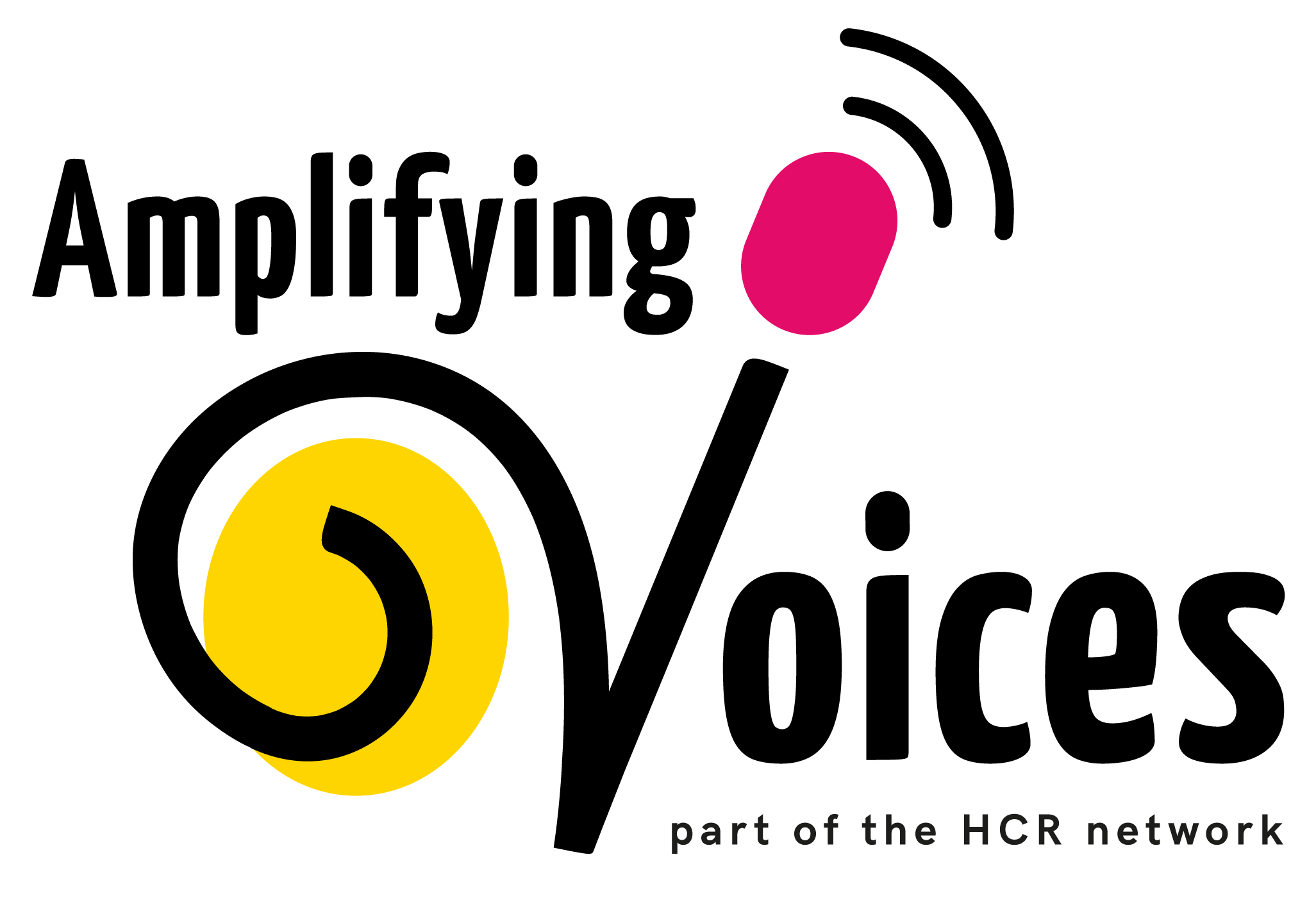
We did it ourselves!
When we work in and with communities, one of our animating principles is: “Start with what’s strong, not with what’s wrong,” which, by the way is the subject of a great TED talk by Cormac Russell. The principle is simple: instead of trying to right what’s wrong within a community, Cormac argues that we need to start with what’s strong. We need to help people discover the God-given gifts, resources and assets they have and to use those gifts to enrich those around them.
So it’s always a joy when we see this principle come to life in the communities where our project partners work. Yesterday I heard the story of Malti, a primary school teacher in a remote Adivasi village in Maharashtra, where we have been supporting our partner, Seva, on a community-centred media project, based around a ‘speakerbox‘.
Malti said she was listening to a speakerbox programme with a group of her friends one day, when she heard how bonded labour was so destructive to Adivasi communities like hers. Although illegal, the practice of bonded labour is commonplace in India, where tribal groups are particularly vulnerable. It happens when people give themselves into slavery as security against petty loans that they are unable to repay, or when they inherit a debt from a relative.
During the programme, the friends heard stories of how people had been set free from debt and bondage by starting small businesses to earn income. One of the announcers then challenged listeners to think about what talents and resources they had, which they could use to generate income. Inspired, the group of friends began to talk about what they could do. An older lady in the group, Renuka was talented at sewing and needle work and offered to teach the others. Before long the ladies had come up with the idea of pooling their resources to get material and equipment and begin a small enterprise making and mending clothes.
Excited by the prospect, Malti described how she and her friends scraped together money they had saved and purchased their first pieces of material, cotton and thread. Renuka was a great encourager and she soon had the ladies working together as a formidable team. They started with simple repair jobs in the village, but gradually they started making clothes that they sold in neighbouring villages and eventually in the city. “The best thing of all,” said Malti, “Is that we did it ourselves.”
Malti and her friends are just one small group of many people that are being impacted by the Adivasi Voices Project, which is now active in 16 villages across Maharashtra, and rapidly expanding into new areas.
